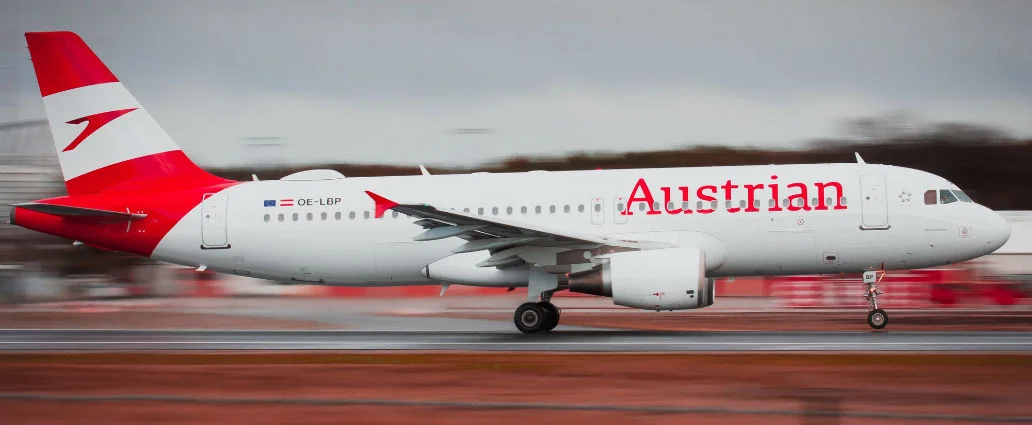Consumer watchdog Which? analysis reveals than in the UK on average every fourth flight is late to reach its destination. Extraordinary circumstances have become favorite airlines’ excuse to avoid paying out flight compensations, yet Eurocontrol analysis reveals carriers’ operations to have been the real cause behind most of the flight delays in 2017. And while airlines interpret extraordinary circumstances loosely, it is best to have a look at how it’s defined by the law.
Regulation 261 by European Commission outlines “extraordinary circumstances” as something that could not have been avoided if all reasonable measures had been taken. When proven as the main cause behind the delay or cancellation, force majeure exempts airlines from paying flight compensations of up to €600 to the stranded passengers. Examples of such situations include severe weather conditions, security issues, and hidden manufacturing defects.
Recent extraordinary situations include Mount Agung spewing volcanic ash causing the closure of Denpasar International Airport, London Heathrow suspending all departures from terminal 3 due to a man running away from security check and a JFK International shut down due to water break at one of its terminals. However, instead of being applied for few accidents per year, the term is widely misused and has confused a number of travelers since it came “into power” in 2004.
Upon delay or flight cancellation, airlines argue extraordinary circumstances without giving full details of the event and in turn, restrain passengers from the secondary assessment of the given situation. Even though EU law requires carriers to base their defense on proof, passengers often give them the benefit of the doubt and, thus are vulnerable to manipulation. As flight compensation experts note, travelers should always ask for exact reasons behind the delay or cancellation and don’t take “extraordinary circumstances” as a sufficient answer.
“Extraordinary circumstances are a grey area and should not be a verdict. It’s difficult to assess at first how the reasons behind the delays stated by the airline will stand in court at the end of claim management. For this reason, unless it was a volcano eruption, bird strike or another self-evident disaster, it is worth submitting a claim to check if the struggle could be compensated,” comments M. Stonkus, the CEO of flight compensation company Skycop. “Each case has a chance to amend what’s called extraordinary. We have seen that recently with technical issues and hopefully will soon witness the same with airline staff strikes.”
The law around the term is in flux. For example, still often claimed as “extraordinary” by the airlines, mechanical faults identified during routine aircraft maintenance have been ruled out as avoidable by the European Commission since 2015. The carrier is responsible for all technical problems except for manufacturing defects. Other common reasons behind flight disruptions that should be compensated include lightning strikes, staffing issues, missing flight documentation, safety inspections, and operational reasons.
Eurocontrol 2017 Q3 air transport analysis shows that the reactionary and airline caused delays were the two major reasons behind flight disruptions from July to September, taking up to 45% and 25% respectively. In contrast, manufacturing defects cause a mere 0,6% of all delays. Despite facts, however, carriers are still climbing on the bandwagon of “extraordinary circumstances” leaving thousands of the afflicted flummoxed and away from the rightful flight compensations.
Related articles:
7 Things To Do When Your Flight Is Delayed
Flight delay compensation calculator
Flight Delayed? Claim Compensation!
